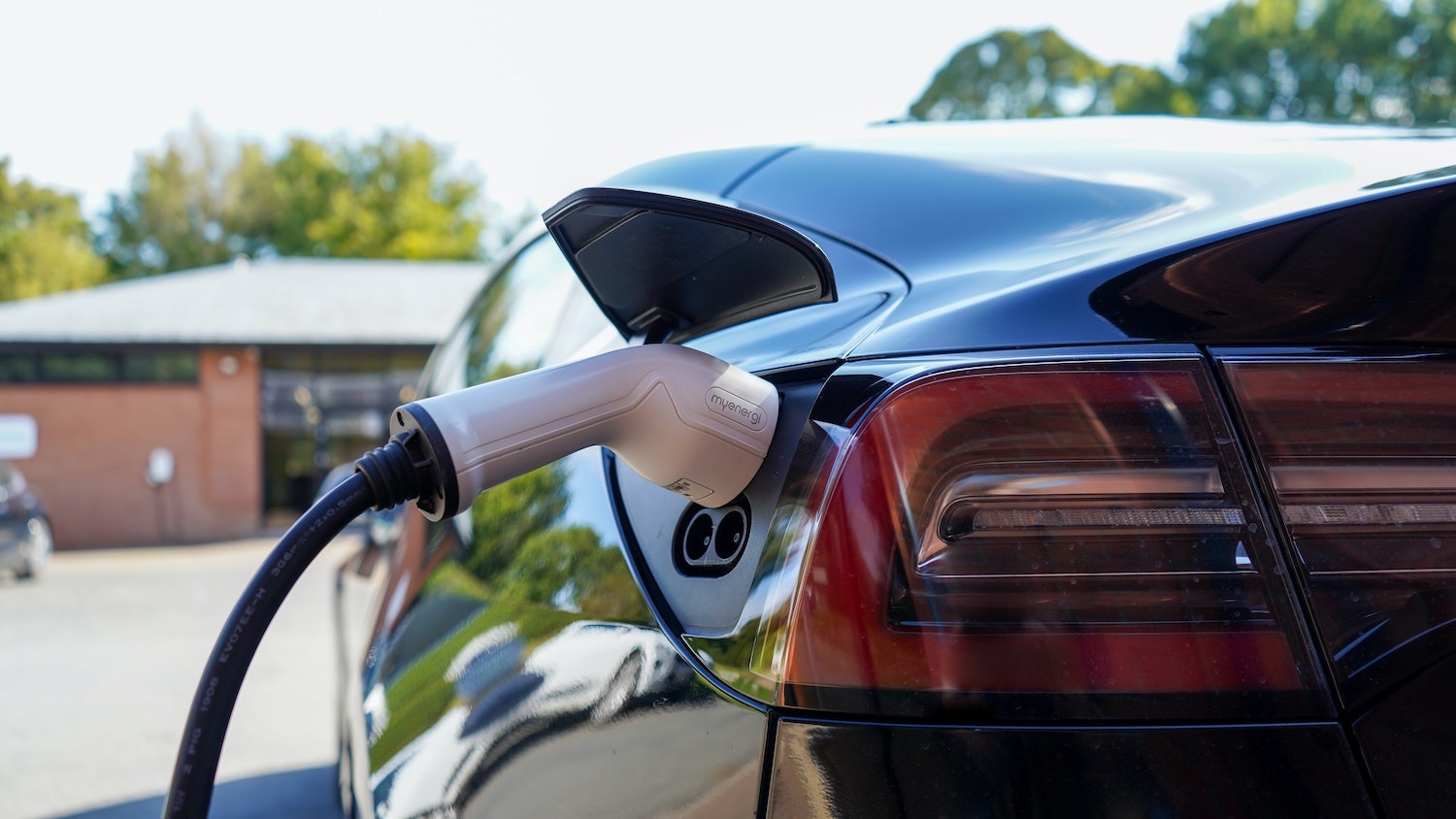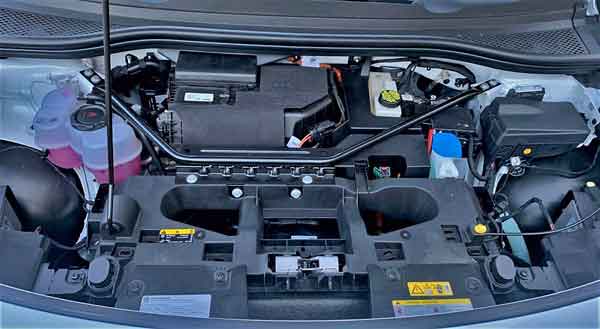An electric car can overheat due to issues with the battery or the cooling system. Electric cars, known for their eco-friendliness and fuel efficiency, have gained significant popularity in recent years.
However, like all vehicles, electric cars are not immune to certain challenges. One issue that electric car owners may encounter is the possibility of overheating. While these cars have sophisticated cooling systems in place, several factors can contribute to overheating.
We will explore the reasons behind an electric car’s overheating, potential consequences, and preventive measures. By understanding these aspects, electric car owners can ensure the optimal performance and longevity of their vehicles. So, let’s delve into the details and gain a better understanding of the topic.
Main Causes Of Electric Car Overheating
Electric cars are becoming increasingly popular due to their environmental benefits and fuel efficiency. However, like any vehicle, electric cars can experience overheating issues. One of the main causes of electric car overheating is battery issues. The battery is the heart of an electric car, and if it malfunctions or experiences a thermal runaway, it can lead to overheating. Another common cause is the inadequate cooling system in some electric car models. If the cooling system fails to regulate the temperature of the battery and other components properly, overheating can occur.
External factors such as high ambient temperatures, extreme weather conditions, and driving in stop-and-go traffic can also contribute to electric car overheating. Additionally, aggressive driving and overusing the regenerative braking system can strain the car’s cooling capabilities, leading to overheating. It is crucial for electric car owners to be aware of these causes and take preventive measures to avoid overheating, such as regular maintenance, monitoring battery levels, and avoiding extreme driving conditions.
Warning Signs Of Electric Car Overheating
One of the most important indicators that your electric car may be overheating is an increased temperature gauge reading. Keep an eye on the dashboard and if you notice the temperature gauge moving into the red zone, it’s essential to take immediate action. Another sign of an overheating electric car is a sudden loss of power. If you experience a significant decrease in acceleration or find that your vehicle is struggling to maintain speed, it could be due to overheating. Strange odors can also be a sign that something is wrong. If you notice a burning smell or any other unusual odor, it’s best to pull over and have your car inspected.
Preventive Measures For Electric Car Overheating
Regular maintenance and servicing are crucial for preventing electric car overheating. Keeping up with routine maintenance such as checking fluid levels, inspecting electrical connections, and replacing worn-out parts is essential. Regularly servicing the cooling system is also important to ensure proper functioning and avoid overheating. This includes flushing and replacing coolant, checking hoses and belts for any signs of damage, and cleaning the radiator and electric motor cooling fins.
Monitoring the battery temperature is another important preventive measure. Keeping an eye on the battery temperature gauge and ensuring it stays within the recommended range can help prevent overheating. Avoiding excessive use of the electric car in extreme weather conditions can also help regulate the battery temperature and prevent overheating.
Electric cars are equipped with efficient cooling systems, which help dissipate heat generated by the battery and electric motor. It is essential to use these cooling systems properly to prevent overheating. Avoid covering the cooling vents of the electric car and ensuring proper airflow to the battery and motor are important. Using the air conditioning system can also help cool down the battery pack and prevent overheating.
Steps To Take When An Electric Car Overheats
When an electric car overheats, it is important to take immediate action to prevent further damage. The first step is to safely pull over and turn off the car to ensure the safety of yourself and other drivers. Once the car is turned off, it is crucial to let the car cool down before attempting any further actions.
While waiting for the car to cool down, it is advisable to check the battery and cooling system to identify any obvious issues that may have caused the overheating. Inspecting the battery for any signs of damage or leakage can be helpful in assessing the situation. Similarly, examining the cooling system for any visible leaks or blockages can provide valuable information.
If the issue is not apparent or persists after following these steps, it is recommended to seek professional assistance to diagnose and resolve the problem.
Addressing Electric Car Overheating Issues
Electric cars are known for their eco-friendly nature and low emissions. However, like any other vehicle, they can also experience overheating issues. One of the first steps to address electric car overheating issues is to consult a professional mechanic. They can diagnose the problem and suggest appropriate solutions. It is essential to repair or replace any faulty components that may be causing the overheating. This includes checking the cooling system, battery, and electrical connections. Upgrading the cooling system can also help prevent overheating in electric cars. Investing in improved cooling technologies can enhance the car’s ability to regulate temperature effectively. Regular maintenance, such as checking coolant levels and cleaning radiator fins, can also contribute to preventing overheating. By taking these measures, electric car owners can ensure optimal performance and longevity of their vehicles.
Importance Of Proper Electric Car Cooling
An electric car’s cooling system plays a crucial role in maintaining optimal performance and extending the lifespan of its battery. Maximize Battery Life: Efficient cooling helps regulate the temperature of the battery pack, preventing overheating and excessive wear. This ensures that the battery retains its capacity and longevity over time.
Extend Vehicle Range: An overheating electric car can experience a decrease in range due to increased energy consumption. A well-maintained cooling system helps prevent overheating, allowing the car to operate more efficiently and maximize its range.
Enhance Performance and Efficiency: Electric motors can generate a significant amount of heat, and without proper cooling, their performance can be compromised. An effective cooling system keeps the motor temperature within a safe range, optimizing performance and energy efficiency.
Top Electric Car Models With Efficient Cooling Systems
Electric cars are becoming increasingly popular due to their environmental benefits and lower operating costs. However, concerns about overheating can arise when it comes to their performance. Thankfully, several top electric car models have efficient cooling systems in place to prevent this issue. One such model is the Tesla Model S. Known for its high-performance capabilities, the Model S incorporates advanced cooling technology to keep its battery and motor within optimal temperature ranges, ensuring smooth operation even in extreme conditions.
Another electric car with an efficient cooling system is the Chevrolet Bolt EV. This model uses liquid cooling to regulate the temperature of its battery pack during charging and operation. By maintaining a consistent and controlled temperature, the Bolt EV’s cooling system not only prevents overheating but also helps prolong the lifespan of the battery.
The Nissan Leaf, a popular choice among electric car enthusiasts, also features an effective cooling system. The Leaf utilizes air cooling to manage the temperature of its battery pack, allowing for a safer and more reliable driving experience.
Overall, these top electric car models have prioritized the implementation of efficient cooling systems to address concerns of overheating. By doing so, they ensure that drivers can enjoy the benefits of electric vehicles without compromising on performance or reliability.

Credit: www.motorbiscuit.com
Conclusion
To sum up, electric cars can indeed overheat, although it is a relatively rare occurrence. However, with the advancements in technology and the implementation of various cooling systems, the risk of overheating has significantly reduced. Proper maintenance and regular check-ups can also help prevent such situations.
Overall, it is essential for electric car owners to stay informed about potential overheating issues and take necessary precautions to ensure a smooth driving experience.

